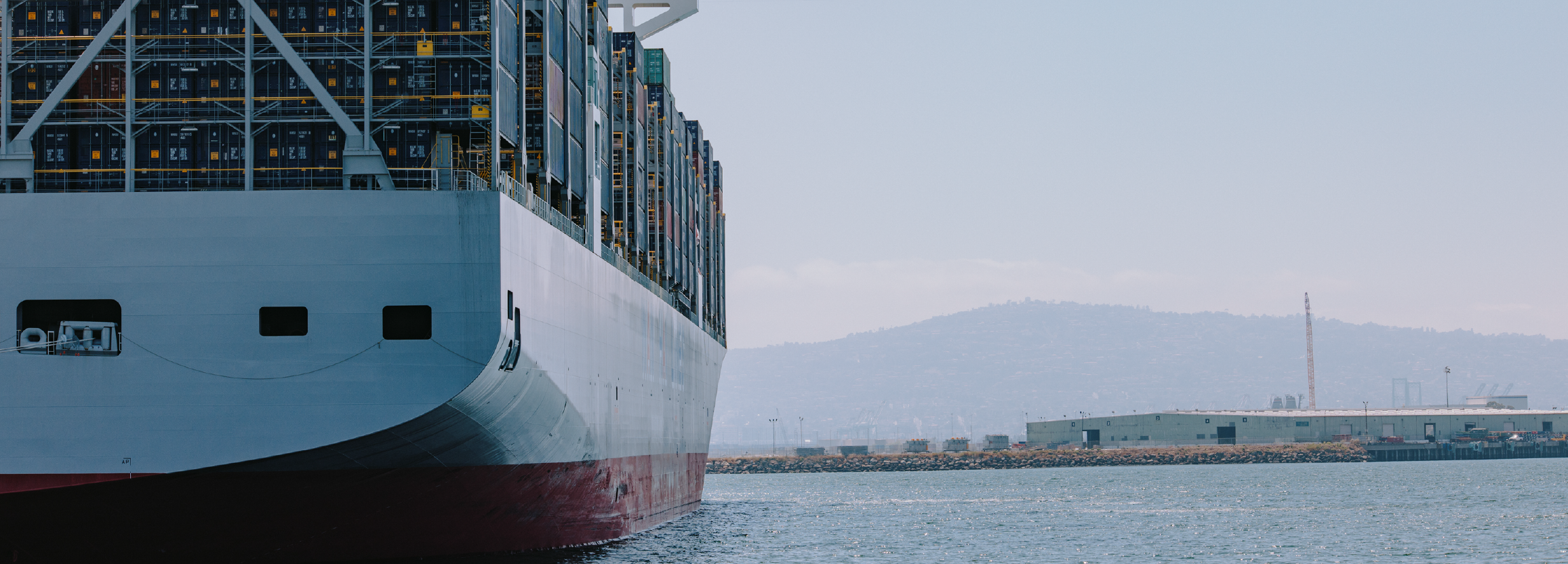Navigating potential tariff increases: How Uber Freight helps shippers stay resilient

The 10 percent tariff on all Chinese products entering the U.S., as well as the looming tariffs on imports from Canada and Mexico, have many shippers and carriers concerned about how their businesses will be impacted.
While the proposed tariffs on Mexico and Canada are under a 30-day pause, they could be as much as 25 percent. This would significantly raise the cost of imports since tariffs are not currently applied to most goods under the U.S.-Mexico-Canada Agreement.
The 10 percent Chinese tariffs went into effect at midnight on February 4. China responded with its own tariffs on U.S. coal, gas, and other goods, which went into effect on February 10.
For shippers and carriers, these policy changes bring challenges, including potential cost increases, supply chain disruptions, and a heightened need for strategic planning. Uber Freight is committed to helping businesses navigate this evolving environment with cost-efficient transportation solutions, customs expertise, and proactive logistics support.
How shippers are responding
While the proposed North American tariffs remain in limbo, shippers aren’t waiting to act. Some businesses on both sides of the U.S.-Mexico and U.S.-Canada borders are accelerating shipments to move inventory ahead of any potential tariff enforcement.
“Our shippers have been pre-emptively increasing some volumes to get inventory in place,” said Craig Watson, Managing Director for Canada at Uber Freight. “We had quite a few of our customers send expedited loads, so there was some surging there. People are trying to get some inventory built up on the consumer goods side.”
In Mexico, customers are mostly reporting “business as usual,” said Jose Guerrero, Director of U.S. Customs Operations at Uber Freight. “They still have orders to fulfill, and they have customers that require certain products. They’re preparing for what might come, not shutting down operations,” he said.
While this has led to temporary surges in cross-border freight traffic, businesses are also exploring long-term solutions to offset potential cost increases and maintain supply chain efficiency.
“The financial impact on customers is top of mind,” said Guerrero. “We’re exploring how we can help customers prepare financially and meet customs requirements. Customers are looking for alternatives and we’re here to provide guidance on a case by case basis,” he added.
How Uber Freight is supporting shippers
Proactive guidance and compliance support
Uber Freight’s experts are closely monitoring trade policy updates and working with customers to adjust their strategies in real time. With decades of experience in logistics and customs operations, our team is helping shippers stay compliant while minimizing disruptions.
“We’re focused on ensuring our customers have the capacity they need,” Guerrero explained. “If tariffs go into effect after the 30-day pause, we expect another spike in volume, and we’re already working with shippers to prepare.”
Streamlining cross-border logistics
Delays and compliance missteps at the border can be costly, especially under shifting tariff regulations. Uber Freight’s in-house customs team assists in ensuring smoother processing for shipments to help businesses minimize penalties and avoid unexpected bottlenecks.
Identifying cost-saving opportunities and multimodal solutions
Uber Freight is actively working with shippers to optimize transportation costs by exploring alternative routes and shipping modes. Our extensive network offers over-the-road (OTR), intermodal, ocean, and other transport options, giving customers the flexibility to adjust their supply chain strategies as needed.
“We’re working with customers to ensure they have the right procurement strategies in place,” Watson noted. “Many shippers are evaluating whether they can absorb the tariff costs or need to pass them along. Optimizing logistics is key to mitigating the impact,” he added.
Preparing for the next phase
While uncertainty remains, it’s clear that businesses are staying agile and adapting as needed. Whether it’s ensuring capacity, optimizing cost strategies, or providing expert customs support, Uber Freight is committed to keeping supply chains moving—regardless of shifting trade policies.
If your business is looking for ways to navigate the impact of tariffs, arm yourself today with proactive strategies to mitigate freight disruptions in 2025.


